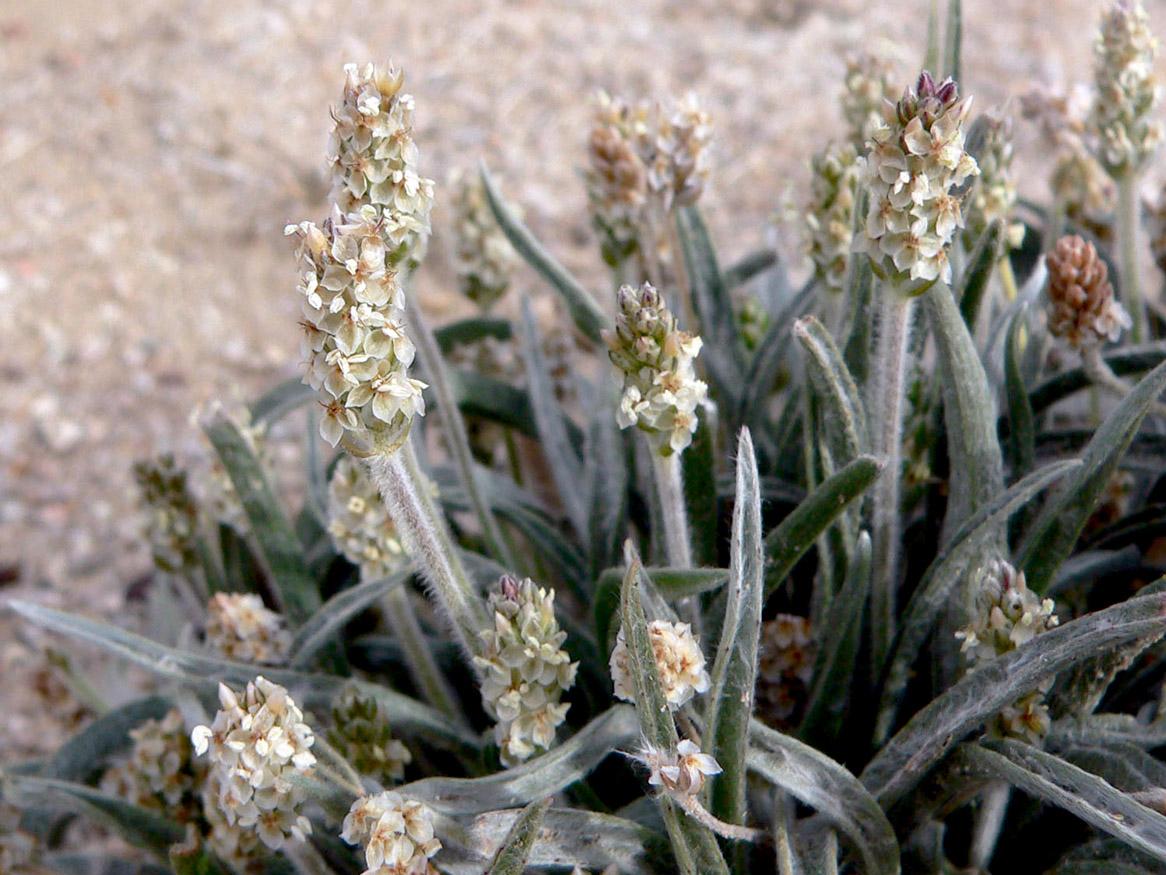Activity of novel xylanases from a new Australian crop, Plantago ovata (psyllium)

Plantago ovata (psyllium) by Stan Shebs (CC by 3.0)
Plantago ovata (psyllium) is a plant whose seeds are used commercially as a key ingredient in the gluten-free food industry.
University of Adelaide scientists in the School of Agriculture, Food and Wine are currently leading a program to develop a new psyllium breeding program, and they have recently sequenced the genome of this plant.
Psyllium seeds produce a mucilage rich in a highly branched heteroxylan polymer that is resistant to degradation by commercial xylanases. Since the plant can turn this polymer over, it is likely that P. ovata itself has the right enzymes to degrade the xylan and these could be useful more broadly in industrial applications.
In this project, you will work alongside Dr Jenny Mortimer, the new Associate Professor of Plant Synthetic Biology, who is part of University of Adelaide’s Top Talent program to attract the world’s best minds to South Australia.
You will use bioinformatics to identify xylanases, arabinosidases, and glucuronosidases in the P. ovata genome, and then compare the sequences to known glycosylhydrolases from other plants and microbes. You will then select a few candidate enzymes for cloning and heterologous expression using the yeast Pichia pastoris. The activity of the expressed enzymes will be characterised using a range of methods including PACE (polysaccharide analysis using carbohydrate gel electrophoresis), HPLC and MALDI mass spectrometry.
Key reference: The novel features of Plantago ovata seed mucilage accumulation, storage and release, Scientific Reports

Supervisors
Associate Professor Jenny Mortimer
Co-supervisors: Professor Rachel Burton
Research area: Plant science, School of Agriculture, Food and Wine
Recommended honours enrolment: Honours in Plant Science or
Honours in Molecular and Biomedical Science
